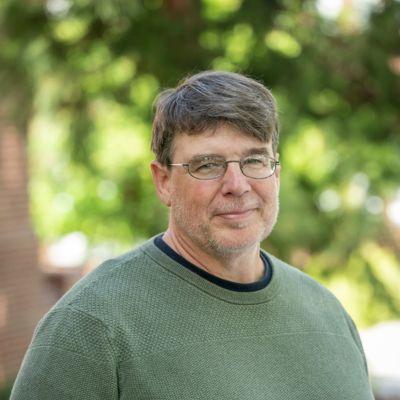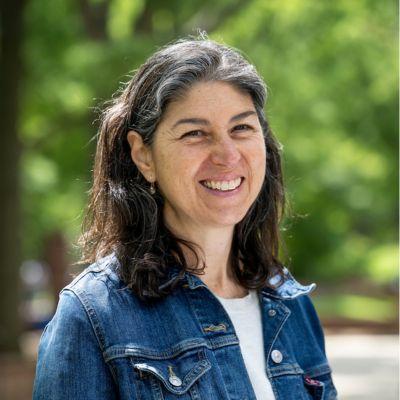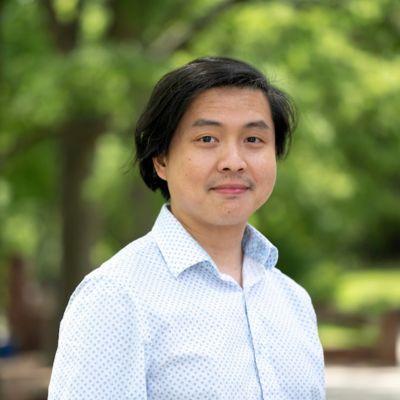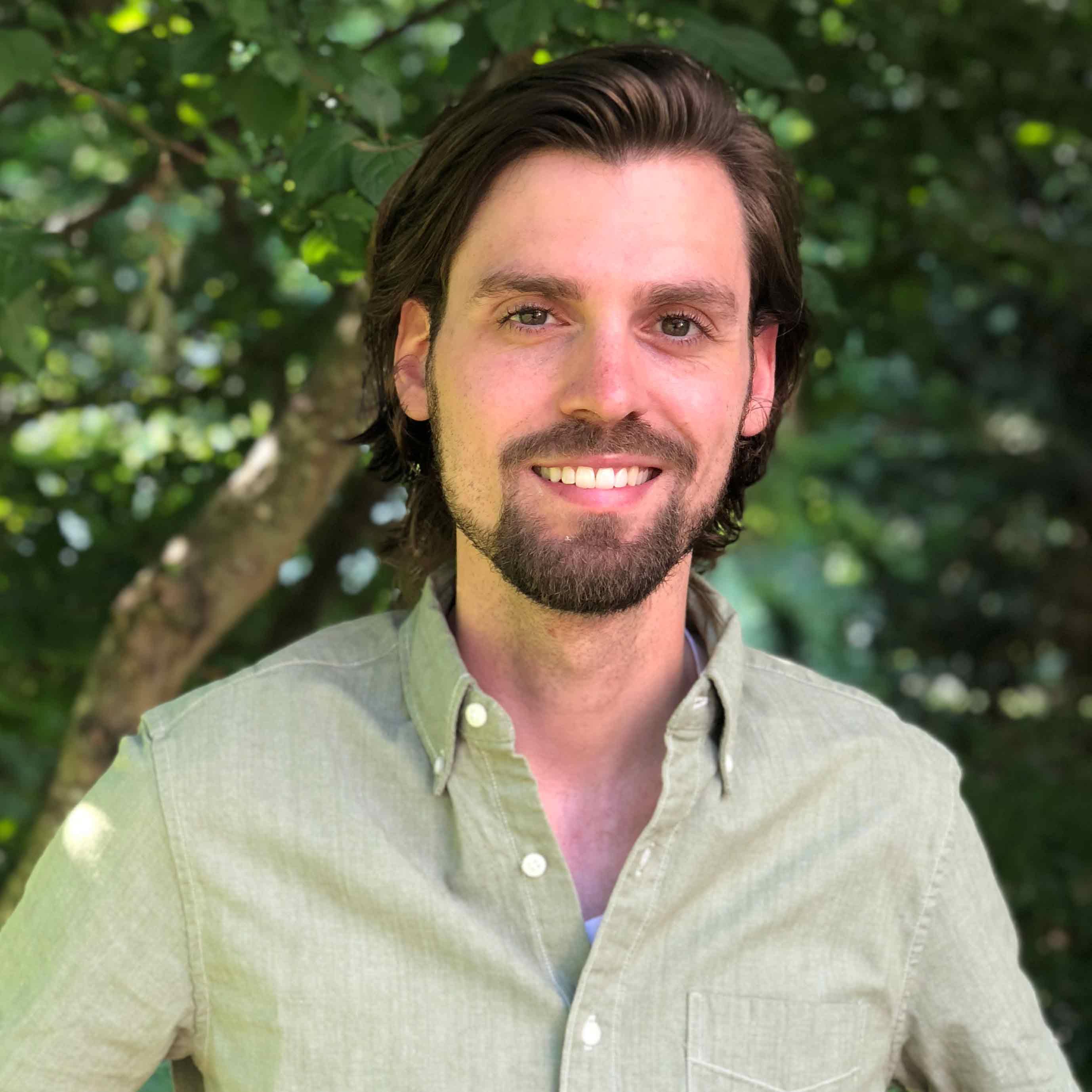Science, Technology and Society
The socially responsible application of science and technology
Introduction
Our lives and bodies are intertwined with science and technology. We depend on them to support how we live now and hope that new discoveries will improve our lives in the future. What can we do today, however, to bring about our ideal future?
Science, Technology and Society (STS) seeks to understand the challenges standing between the present we have and the future we want. Students explore the powerful social, ethical and political relationships that drive research and innovation, asking:
- What factors determine the trajectories of scientific research and technological development?
- Which research and development pathways have the greatest positive impact with the least harm, and who decides which pathways are taken?
- What strategies will influence decision-making to realize the best possible outcomes?
Using scenario analysis, simulations, and systems thinking, on teams and independently, students will learn methods to assess, design and influence the direction of scientific and technological change.
Because STS values interdisciplinary collaboration, we welcome students from all majors. If you have an interest in maximizing the societal benefits of scientific inquiry and technological innovation, you will be a valued member of our community.
Colloquium and Lecture Topics
- What are the grand challenges of our times?
- What drives technological change?
- How do we solve the scientific literacy problem?
- Why is thinking about race, gender and sexuality relevant to science and technology?
I felt a sense of belonging in the classroom that I could tell my instructors worked so hard to create. All of our perspectives and imaginative solutions to real problems were welcome. My Scholars program was a safe space where I learned so much about myself, my interests and the world.
Other Learning Opportunities
As an STS student, you’ll go on field trips that let you apply the techniques you learn in class to the real world. Sites include the National Institute of Standards and Technology, NASA Goddard Spaceflight Center, Baltimore Underground Science Space and the Smithsonian’s Innovation Hall.
Service opportunities are also embedded in the STS curriculum. As an STS student, you might volunteer for technical literacy workshops, participate in Regional Science Bowls, help out at Community Forklift and more.
STS features three rewarding practicum opportunities:
- Robotics service-learning program: Students explore innovative ways of encouraging STEM education in Prince George's County schools
- Infrastructure and Society: Students work with professional engineers on a service-learning project that assesses the safety and viability of infrastructure
- The Future of Science Communication: Students collaborate with scientists and laypeople to prototype ideas for communicating scientific and technical information.
STS's robotics service-learning program is always open to working with new partners. Please contact Matt Aruch or Tim Reedy if you are a school, community organization or other entity interested in:
- Partnering with STS to provide Lego robotics education;
- Recruiting volunteers for science, fairs, career days or demonstrations; or
- Working with STS on grant proposals or research.
Curriculum Overview
The STS curriculum is designed as a thematic complement to your major that will fulfill many of your General Education requirements. Over the two-year program experience (four semesters), students will complete 3 credits of colloquium, a 3-credit practicum and a 3-credit capstone course.
The following table represents a typical two-year curriculum, but individual schedules may vary. Details about courses and requirements can be found on the STS Citation Checklist.
| SEMESTER | COURSES | CREDITS |
|---|---|---|
| Freshman Fall | Scholars Colloquium | 2 credits |
| Academic Writing | 3 credits | |
| 3–4 courses toward degree and major requirements (including possible supporting course) | 9–12 credits | |
| Freshman Spring | Scholars Colloquium | 1 credit |
| 3–4 courses toward degree and major requirements (including possible supporting course) | 9–12 credits | |
| Sophomore Fall | Scholars Practicum (can be taken in the fall or spring) | 3 credits |
| Scholars Capstone (can be taking in the fall or spring) | 3 credits | |
| 3–4 courses toward degree and major requirements (including possible supporting course) | 9–12 credits | |
| Sophomore Spring | Scholars Practicum (if not already taken in the fall) | 3 credits |
| Scholars Capstone (if not already taken in the fall) | 3 credits | |
| 3–4 courses toward degree and major requirements (including possible supporting course if not already completed) | 9–12 credits |
Sponsoring College
Residence Hall
Cambridge Hall
Faculty




Social Media Etc.
Stories Beneath the Shell: UMD and College Park Host First Technology Literacy Workshop since 2020, March 2022
Baltimore Sun: Experiential Learning in a Virtual World, February 2021
Science, Technology and Society News
Scholars Alums Honored at 2018 Citation Awards
More than a thousand College Park Scholars arrived on campus in fall 2016, the largest freshman class in Scholars history. This citation class went on to make an impact across the community, including raising a record-setting $19,315 for charities in the Scholars Cup competition. On Friday, Sept. 24, College Park Scholars celebrated this class with our annual Citation Awards Ceremony. The Scholars Citation Awards celebrates those select citation earners who have enriched the life of our community by putting Scholars values into action. Four students from each of the 12 programs were recognized with Outstanding Achievement and Outstanding Citizenship Awards (two for each category for each program).
A Scholar Takes a Cross-Cultural Venture into Science, Technology and Society
My first experience with Ecuador was in the winter of 2017. That was when I traveled there with Science, Technology and Society (STS) Assistant Director Matt Aruch and 16 other University of Maryland (UMD) students as a part of the STS-led short-term study abroad course, “Education, Technology and Society: Ecuador in Context.” I had originally found out about this opportunity during Admitted Students Open House when I was a senior in high school, and it had served as one of the many reasons I decided to join STS. I knew that I wanted to visit a Spanish-speaking country to sharpen my six years of school-acquired Spanish language and to experience the natural beauty of South America in an authentic and memorable way.
Science, Technology and Society Alum Transforms Internship Into a Career at DOJ
After interning with the Department of Justice his junior year, Science, Technology and Society alumnus John Rookard applied for a position with the Justice Department the summer before his senior year. Rookard realized that there were post-grad professional opportunities for him at the Justice Department after speaking with the human resources manager at his internship. He applied for one of these positions August 2016, and received an offer in March of this year.
Students Host First ScholarsNEXT, a Student-Run TED-Like Event
On Feb. 19, a group of seven College Park Scholars presented in the Samuel Riggs IV Alumni Center for the first-ever ScholarsNEXT event. ScholarsNEXT is a student-run event that provides students with an opportunity to share their ideas about solving real-world problems. Presenters had to register for a class, which met every other week for an hour. Sponsored by the UMD SGA and the Office of Undergraduate Studies, Ananth Srivatsan was able to make his dream a reality in founding this event. “These students are incredibly talented, and they have some, frankly, brilliant ideas,” Srivatsan, a Science, Technology and Society Scholar, said before introducing the first speaker, Public Leadership Scholar Aaron Pludwinski.
